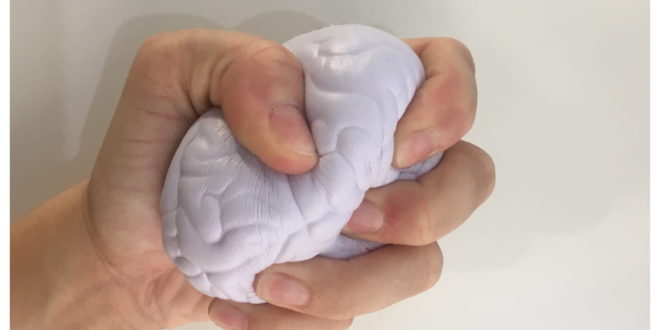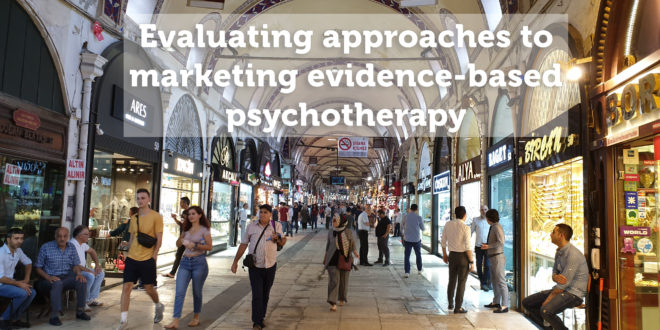Virtual Reality (VR) refers to technology capable of creating an powerful illusion of being present in a virtual environment. Since the 1990s, VR has been used to conduct VR exposure therapy using virtual equivalents of phobic stimuli, and a wealth of research supports the efficacy of this approach. Until recently …
Read More »
 Cognitive Behaviour Therapy A peer reviewed, multidisciplinary journal devoted to the application of behavioural and cognitive sciences to clinical psychology and psychotherapy.
Cognitive Behaviour Therapy A peer reviewed, multidisciplinary journal devoted to the application of behavioural and cognitive sciences to clinical psychology and psychotherapy.













